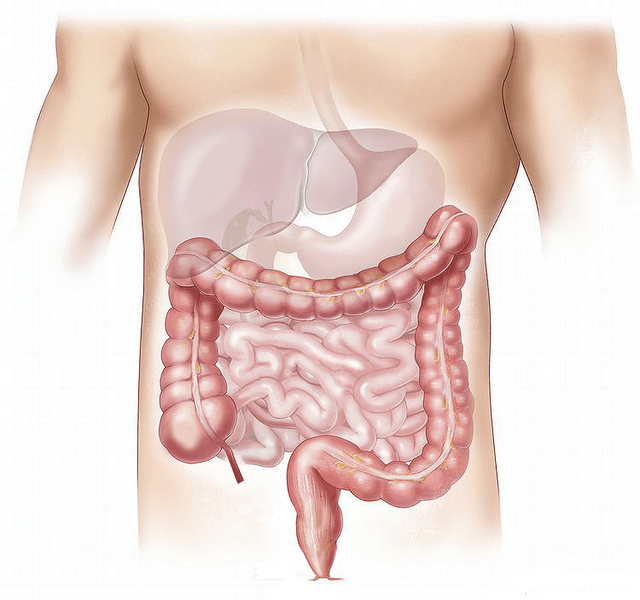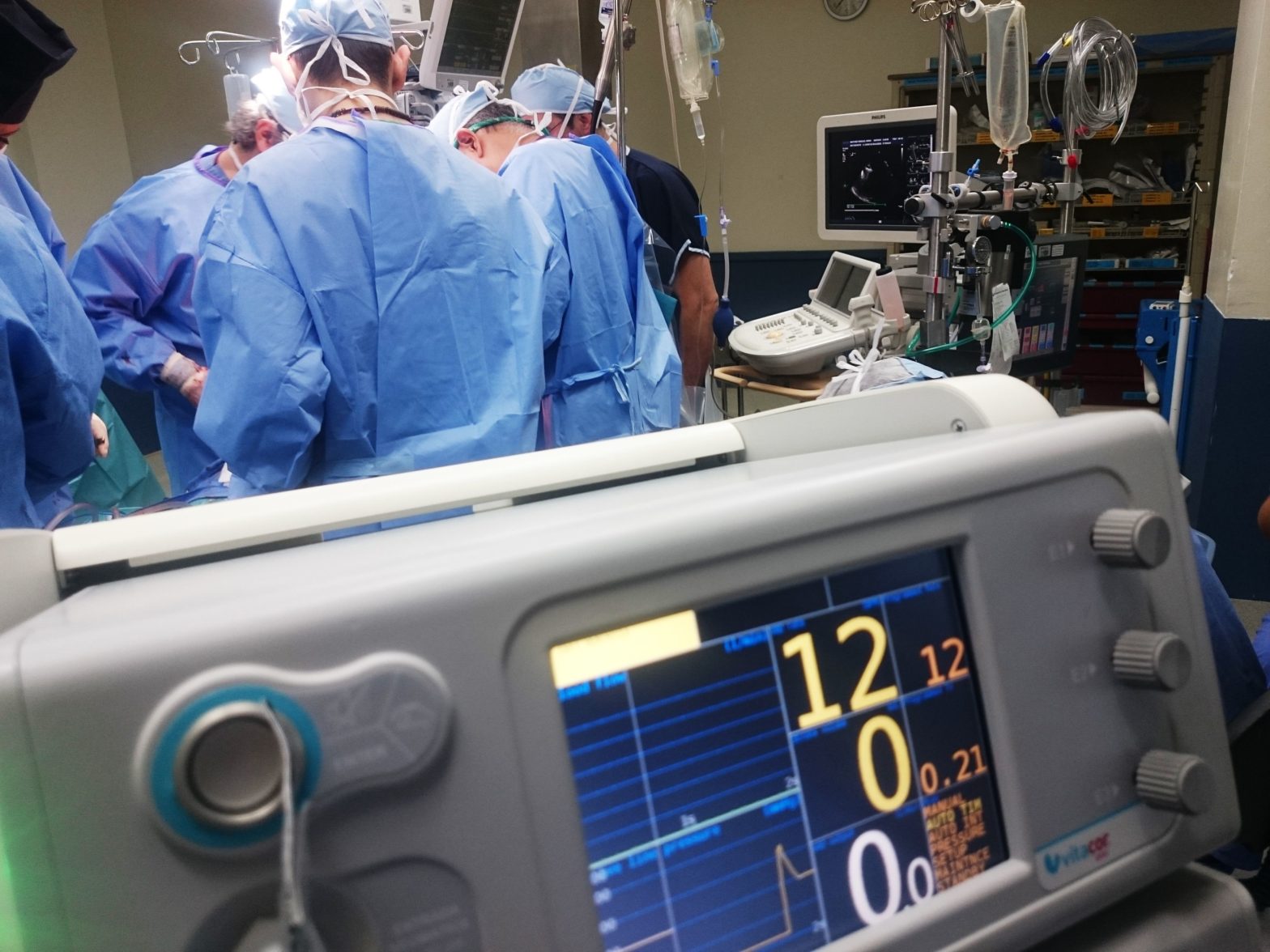What is Artificial intelligence? According to the Turing test, if a man or women couldn’t distinguish whether or not a system’s responses are from a system or a human, then the system will be considered “clever”. Although Turing proposed the concept of AI in 1950, the definition of AI continues to be unclear. At present,… Continue reading Artificial Intelligence and Risk for Heart Disease
Artificial Intelligence and Risk for Heart Disease


